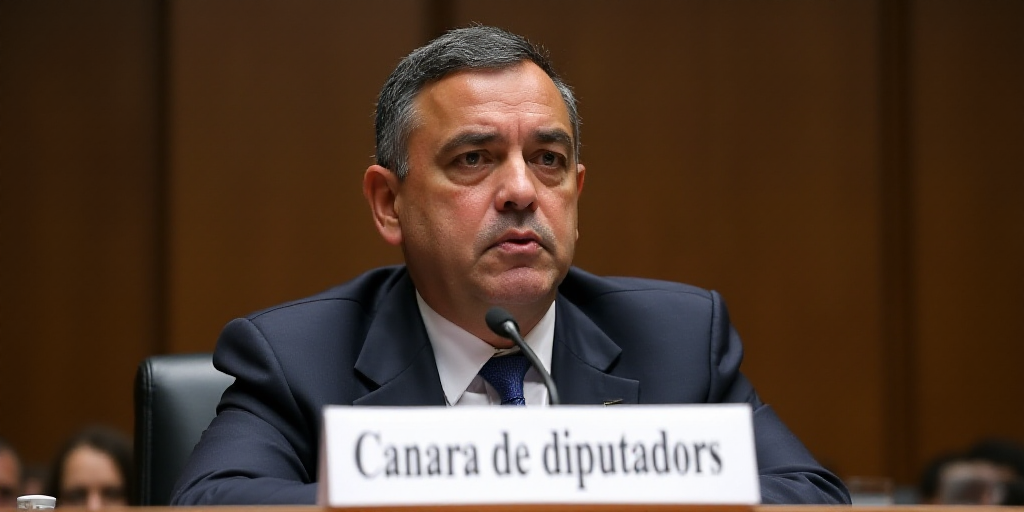Background and Context
Ricardo Monreal Ávila, the parliamentary leader of Morena in the Chamber of Deputies and president of the Junta de Coordinación Política (Jucopo), has firmly stated that the proposed Amparo Law reform will not be subjected to a fast-track vote. Monreal Ávila’s stance comes in response to concerns regarding the potential retroactive application of the law, which has been criticized by Mexico City’s Mayor Claudia Sheinbaum.
Monreal Ávila’s Position on Fast-Track Vote
Monreal Ávila emphasized that the Constitution’s Article 14 explicitly prohibits granting retroactive effects to any law that could harm an individual. He assured the public that the Chamber of Deputies, as the revising chamber, will ensure the Constitution’s integrity by meticulously adhering to all legal timelines.
“There will be no fast track, no shortcut,” Monreal Ávila declared. “We will respect all deadlines set by law, and once these timeframes have been exhausted, the Plenum will determine the appropriate course of action.”
Retroactivity Concerns and Monreal Ávila’s Stance
Monreal Ávila addressed the controversy surrounding the retroactivity clause in the proposed Amparo Law reform. He insisted that Article 14 of the Constitution explicitly forbids granting retroactive effects to any law that could disadvantage an individual.
The legislator proposed that the transitional article should stipulate that, in cases of pre-existing lawsuits, the legal norm that initiated the process should apply instead of the newly amended law. This approach aims to prevent retroactive application of the law, safeguarding individuals who are seeking legal remedies.
Monreal Ávila expressed his belief that the current transitional article creates confusion and is inappropriate. He stated, “I personally believe that this transitional article is inadequate and should be reviewed. It’s unacceptable to subject a litigant to comply with a law that is still being created without considering they initiated their case under different legal norms.”
He expressed confidence that the Chamber of Deputies, guided by wisdom and honesty, will carefully examine the reform’s content, particularly the Amparo Law’s transitional article.
Key Questions and Answers
- What is the main concern regarding the Amparo Law reform? The primary issue is the potential retroactive application of the law, which could disadvantage individuals who are seeking legal remedies.
- Who expressed concerns about the retroactivity clause? Mexico City’s Mayor Claudia Sheinbaum criticized the retroactivity clause in the proposed Amparo Law reform.
- What is Ricardo Monreal Ávila’s role? Monreal Ávila is the parliamentary leader of Morena in the Chamber of Deputies and president of the Junta de Coordinación Política (Jucopo).
- How will the Chamber of Deputies handle the Amparo Law reform? Monreal Ávila assured that the Chamber of Deputies will adhere to all legal timelines and carefully review the reform’s content, particularly the transitional article.






